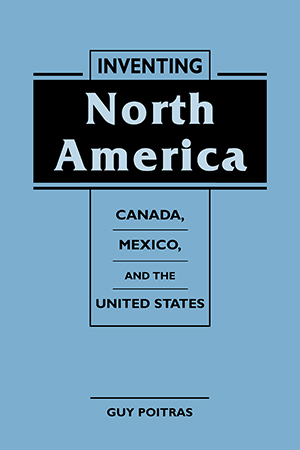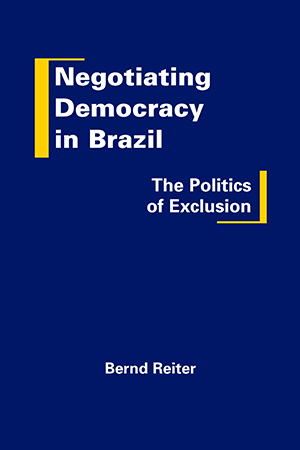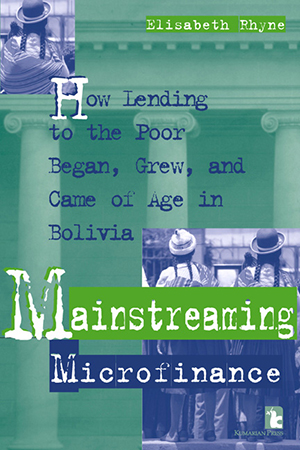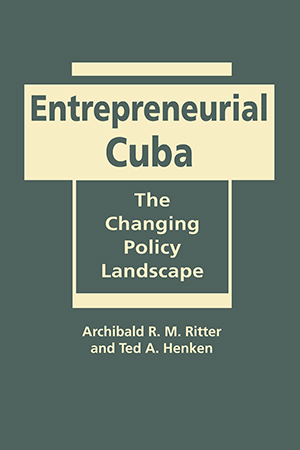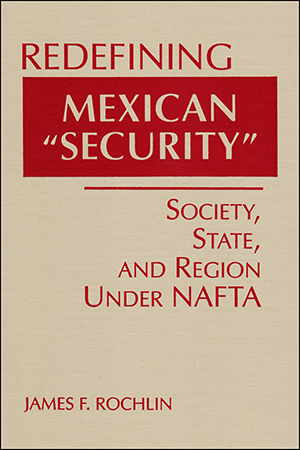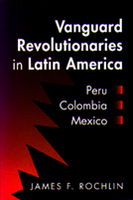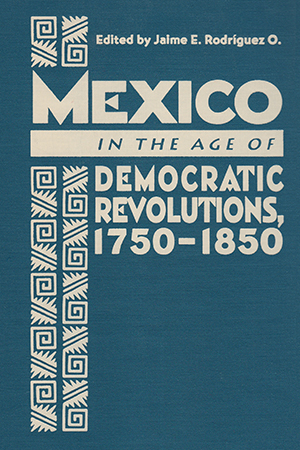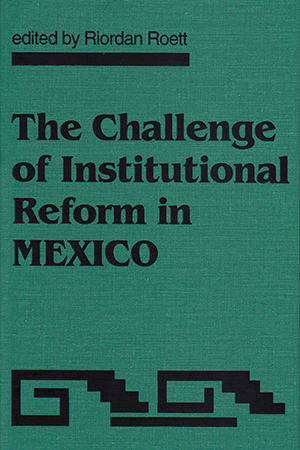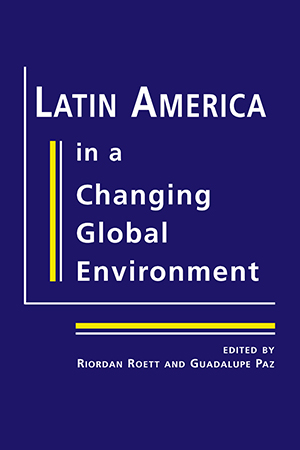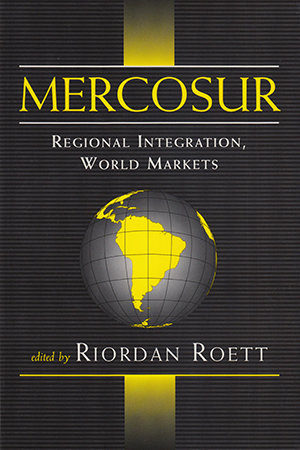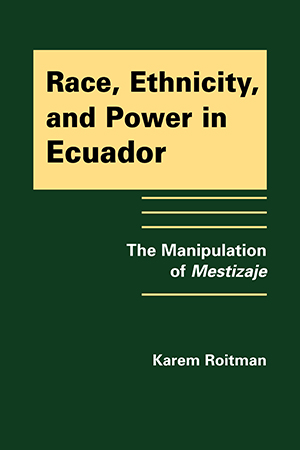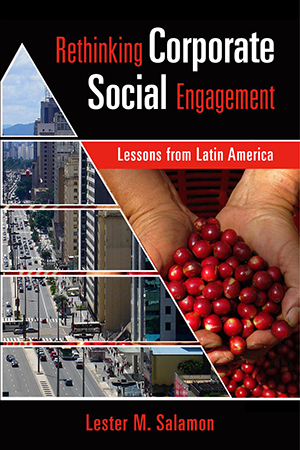Latin America and the Caribbean
In the face of potent domestic and global forces, the U.S., Canada, and Mexico—the NA-3—have devised an enterprise that promises to draw them closer together in the twenty-first More >
Do societal inequalities limit the effectiveness of democratic regimes? And if so, why? And how? Addressing this question, Bernd Reiter focuses on the role of societal dynamics in More >
As the popular myth of racial equality in Brazil crumbles beneath the weight of current grassroots politics, how will the country redefine itself as a multiethnic nation? Brazil’s New More >
Microcredit in Bolivia grew and became successful in only a decade, lifting an enormous segment of the country’s population into the financial mainstream in the process. The example of More >
During the presidency of Raúl Castro, Cuba has dramatically reformed its policies toward small private enterprises. Archibald Ritter and Ted Henken consider why—and to what More >
This pioneering effort to conceptualize unforeseen—and nontraditional—security issues in Mexico confronts what went unaddressed in virtually the entire debate surrounding the More >
During the swan song of the Soviet Union and the immediate aftermath of the Cold War, many insurgent groups that had been dependent on Moscow or Havana quickly faded into political oblivion. More >
For a century beginning in the 1750s, Europe and the Americas underwent a series of profound political, economic, and social changes, ushering in the modern era. This book examines the More >
The Salinas administration's reforms in Mexico generated both widespread attention and a host of questions. This book addresses those questions, examining the impact of the recent More >
Mexico’s private sector continues to confront challenges imposed not only by reforms in the country’s economic and political systems, but also by demands of the international More >
Considering Latin America's emerging challenges and opportunities in the first decade of the twenty-first century, the authors examine key political, economic, and security concerns in More >
This timely volume describes the origins of Mercosur, South America’s dynamic and successful regional integration project, as well as the issues still to be tackled regarding the trade More >
How do today's Latin American elites understand and relate to ideas of power, race, ethnicity, and mestizaje? And what impact does that understanding have on the dynamics of More >
Mexico made a peaceful transition to democracy when it elected opposition candidate Vicente Fox president in July 2000—an event that has had a profound impact on the country's More >
Lester Salamon assesses the reality behind the "corporate social engagement" hype in Latin America, examining what forms CSE is taking, how it is being implemented, why businesses More >


